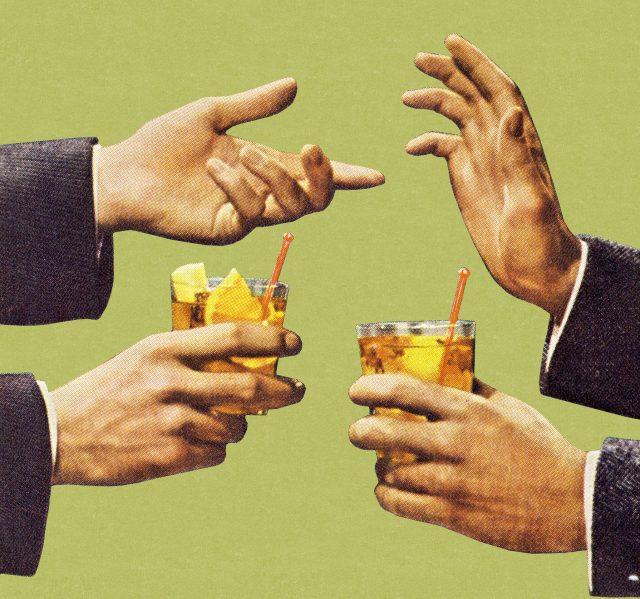This website uses cookies so that we can provide you with the best user experience possible. Cookie information is stored in your browser and performs functions such as recognising you when you return to our website and helping our team to understand which sections of the website you find most interesting and useful.
Hong Kong slashes spirits tax in historic move
Chief Executive John Lee Ka-chiu has cut Hong Kong’s spirits tax in a landmark move which could see the territory secure its role as Asia’s wine and spirits trading capital. Eloise Feilden reports.

Lee announced on Wednesday (16 October) that spirits tax will be slashed to 10% and apply only to the portion of the bottle price over HK$200. Until now Kong Kong has had one of the highest spirits duties of any territory in the world, as drinks with an ABV of 30% or higher are currently taxed at 100%.
Hong Kong’s leader said he’d taken the unusual measure to “promote liquor trade” as part of a broader drive to “explore new growth areas” for the territory, which is facing lower tourism numbers and foreign residents.
Lee’s decision to cut spirits taxes will bring its approach to the category in line with its tax approach to both wine and beer. In 2008 Hong Kong ditched duties on wine, and has since become one of Asia’s key trading hub for the category. In 2018, a decade since the abolishment of wine duties, total wine imports to Hong Kong were US$153 million – an increase from the 2006 figure of US$121 million.
Politicians in Hong Kong called on Lee to lift or adjust the spirits tax in mid-July. They argued that easing the high tax rate would attract more imported liquor businesses, trade distribution and auction activities.
Nick Pegna, global head of wine and spirits at Sotheby’s auction house, told db this morning that the decision was a “positive decision”. He said the move would “facilitate buyers based in Hong Kong to acquire rare spirits from all over the world, and provide a needed bump to the on-trade in Hong Kong, once the price reductions filter in”.
Sotheby’s is expecting a surge in the number of licenses. However, Pegna noted that “the residual stocks of duty paid rare spirits will need to be depleted for the full impact to be felt”.
Stimulating trade will likely have a far more beneficial economic impact on the territory than current tax income from the spirits duty rate, which has only accounted for 0.1% of total tax revenue in the past eight years, according to government data.
Chinese baijiu sales are set to benefit from the reduction in imported liquor taxes. Paul Ng, executive director and head of international operations for ZJLD Group, a baijiu producer, said the duty reduction would provide a “major boost” for the Chinese liquor and its international trade.
“In addition to relying on Hong Kong as a financing platform, we also view Hong Kong as a gateway for our global development,” he said. “As an international financial center and a major tourism destination, Hong Kong’s wine auction, premium F&B, and hotel industries are thriving, with strong demand for quality baijiu. The tax reduction policy will undoubtedly drive further development of the entire industry ecosystem, thereby benefiting the public.”
Hong Kong tourism continues to struggle post-pandemic, only reaching 60% of pre-pandemic rates in the first four months of the year. According to The Telegraph, the policy is predicted to stem the flow of Hong Kong residents travelling across the northern boarder into Shenzhen to dine out in the city’s booming food and drink scene.
Hong Kong’s current high tax rate on spirits is one of the highest in the world. In mainland China, the rate is between 15 and 25%. Figures from the World Health Organisation show that taxes account for 89% of the cost of a typical bottle of spirits in Norway, while in the UK it is typically 64%.
Related news
Fair game: HKTDC returns to Hong Kong this November

